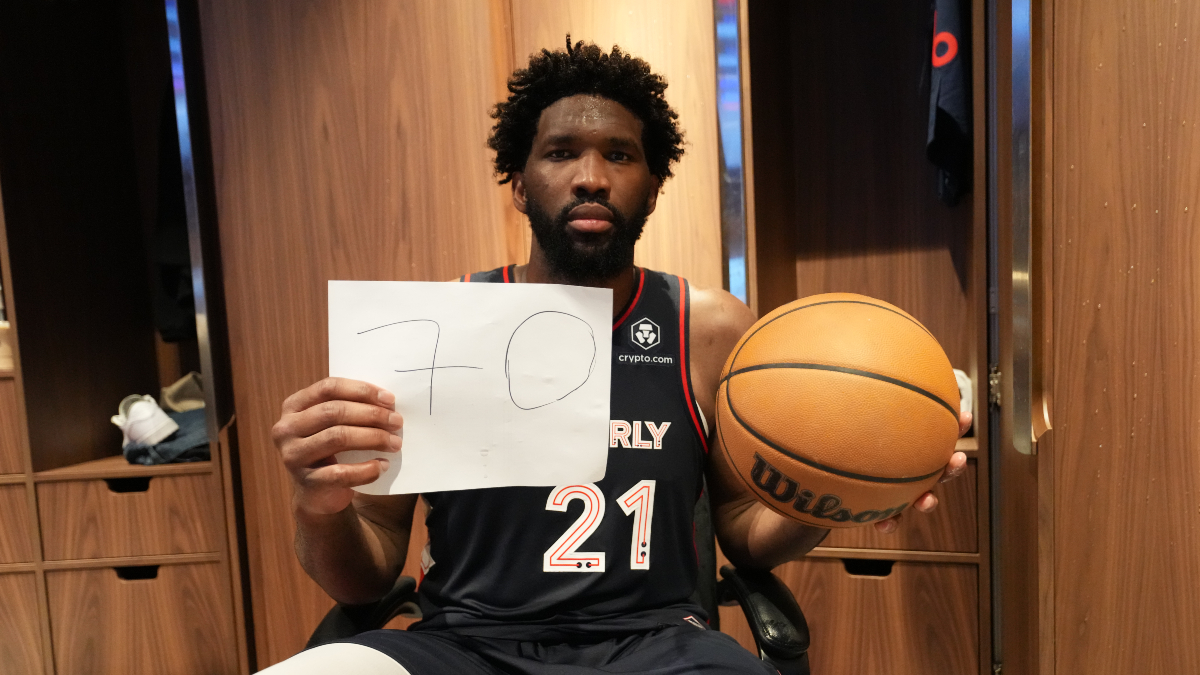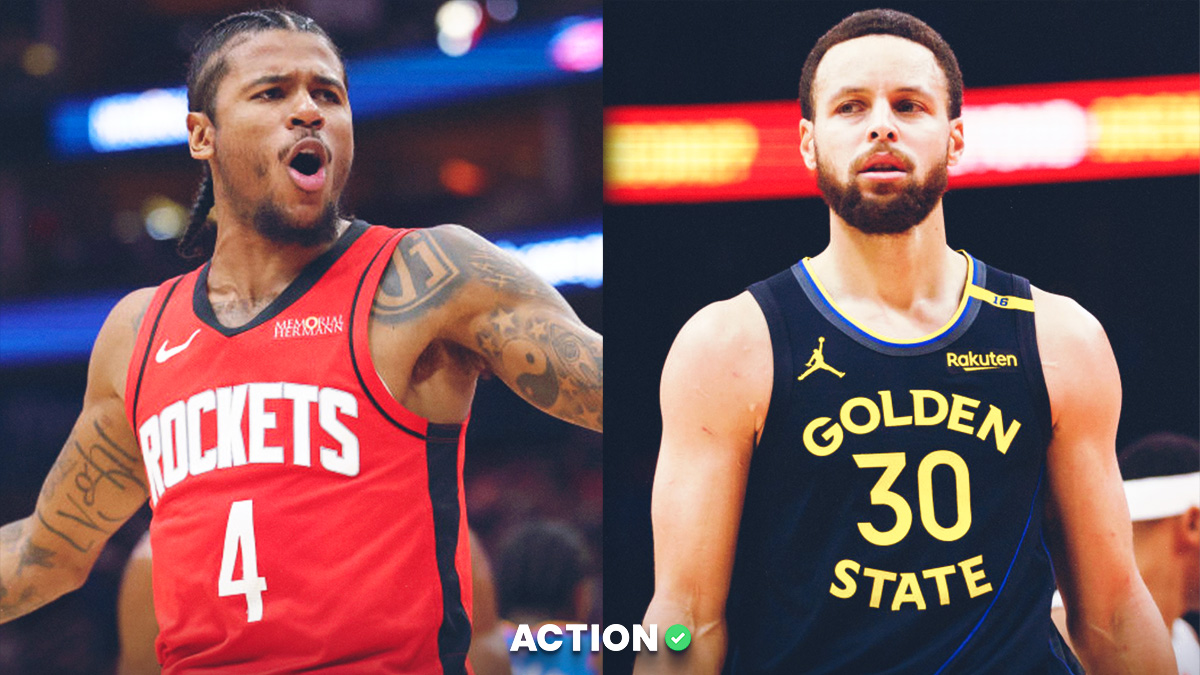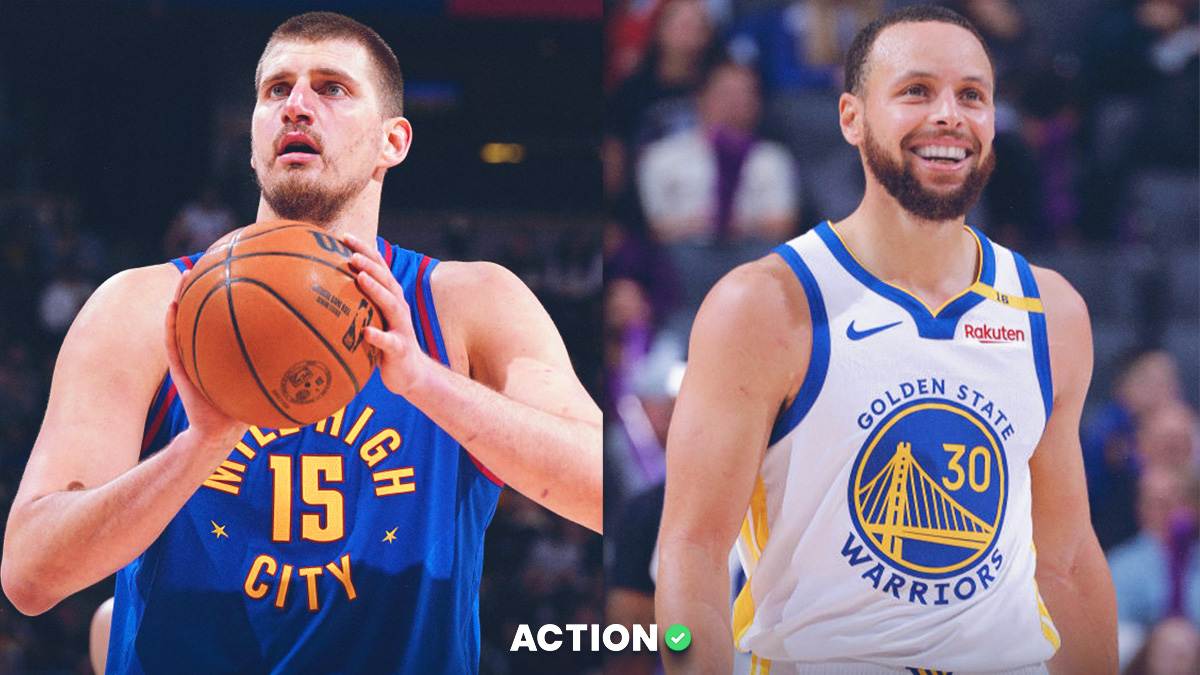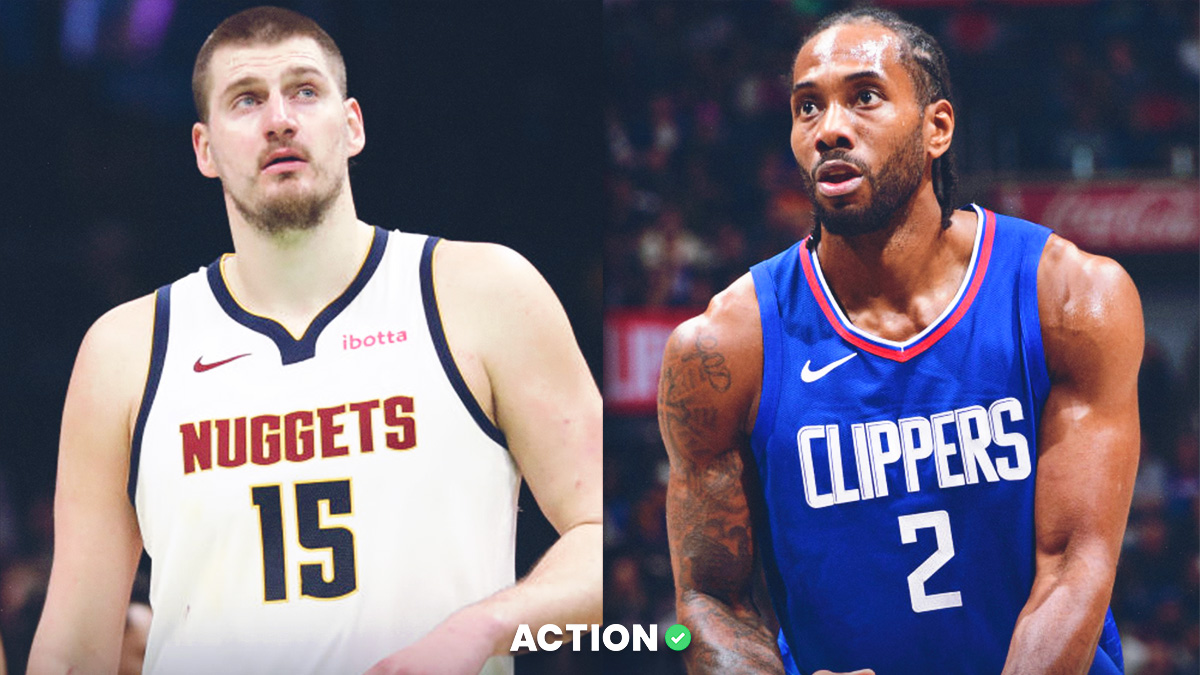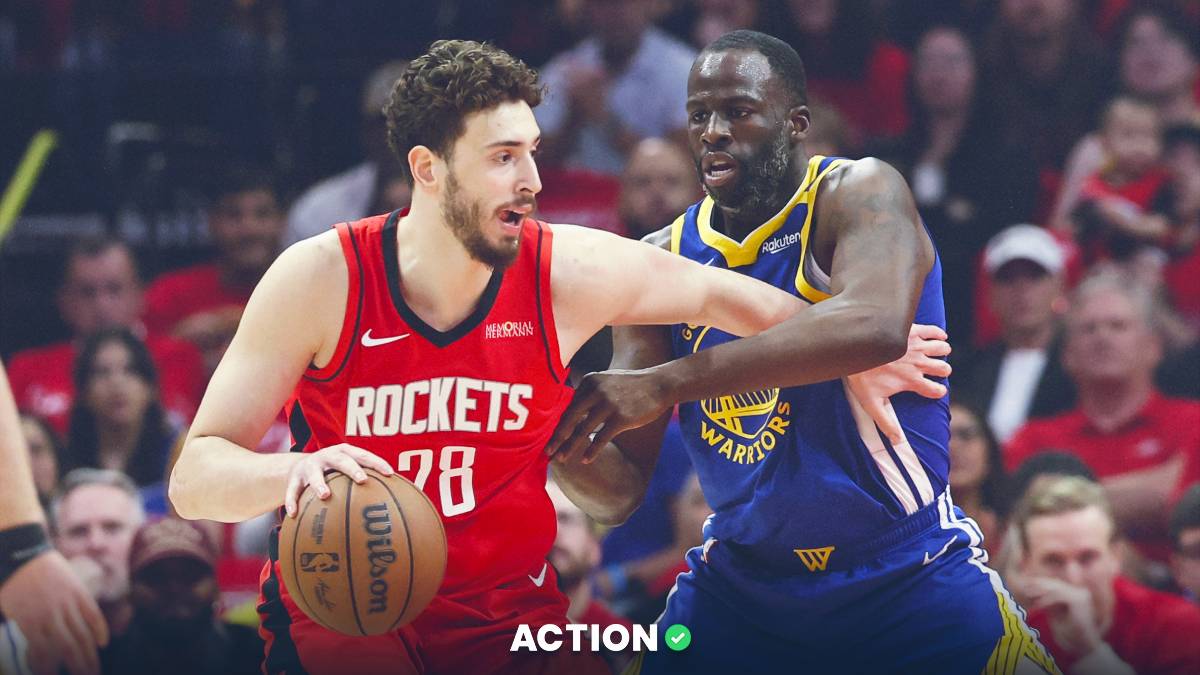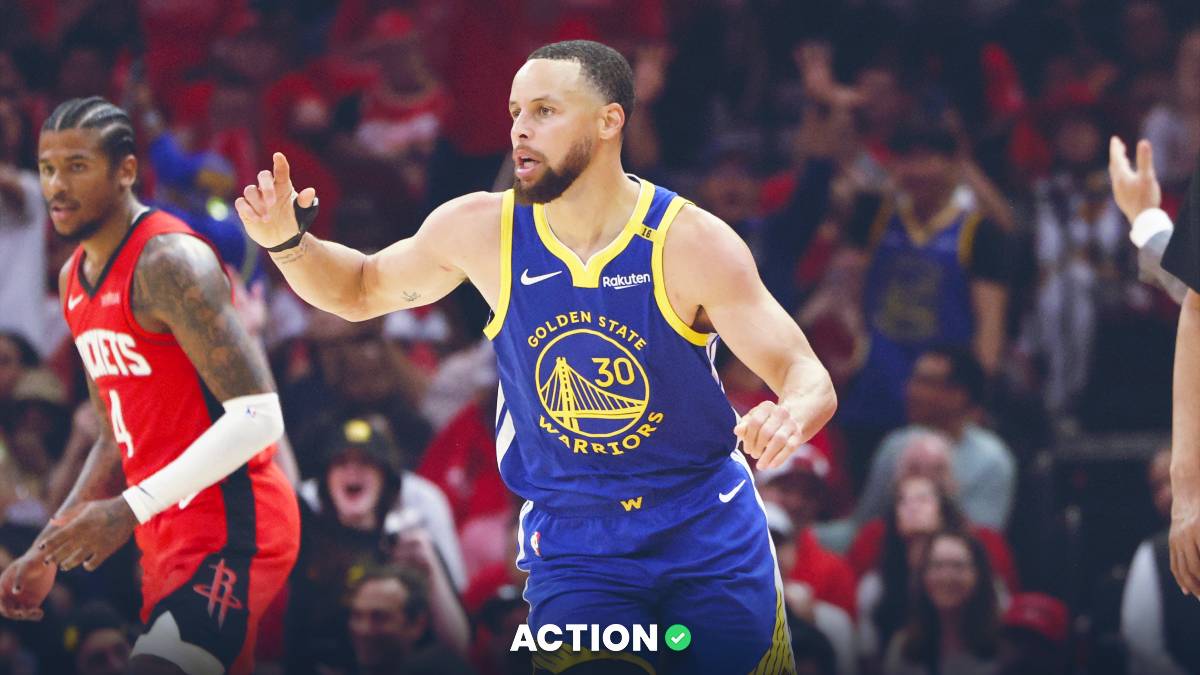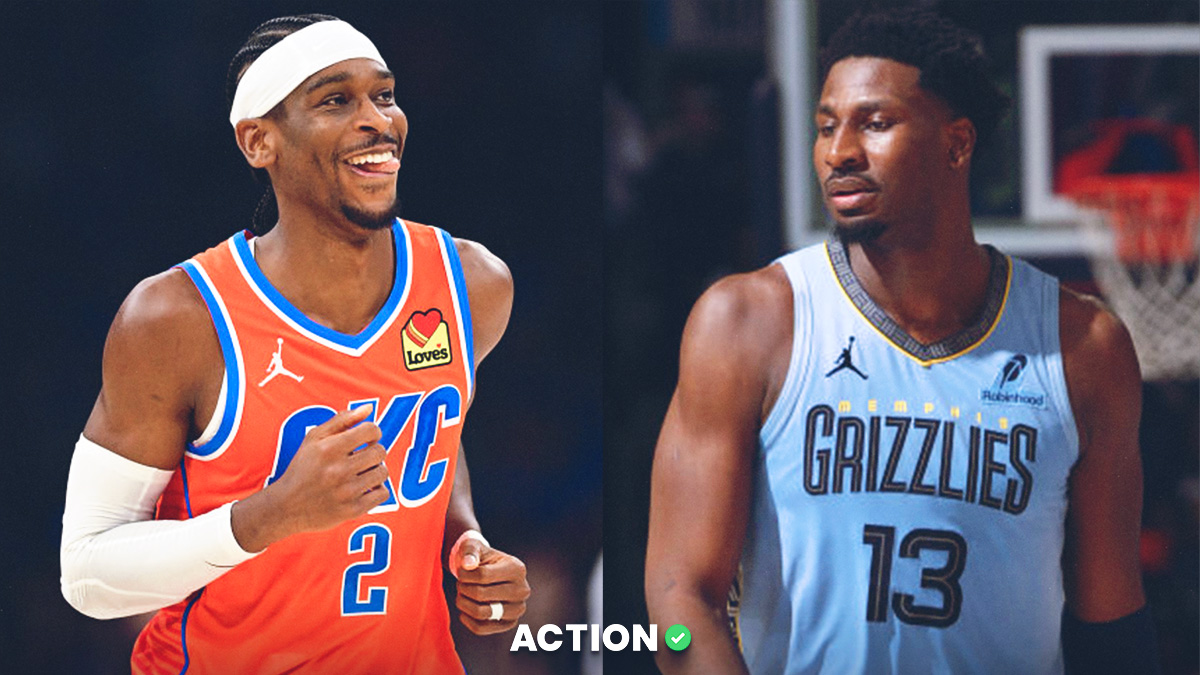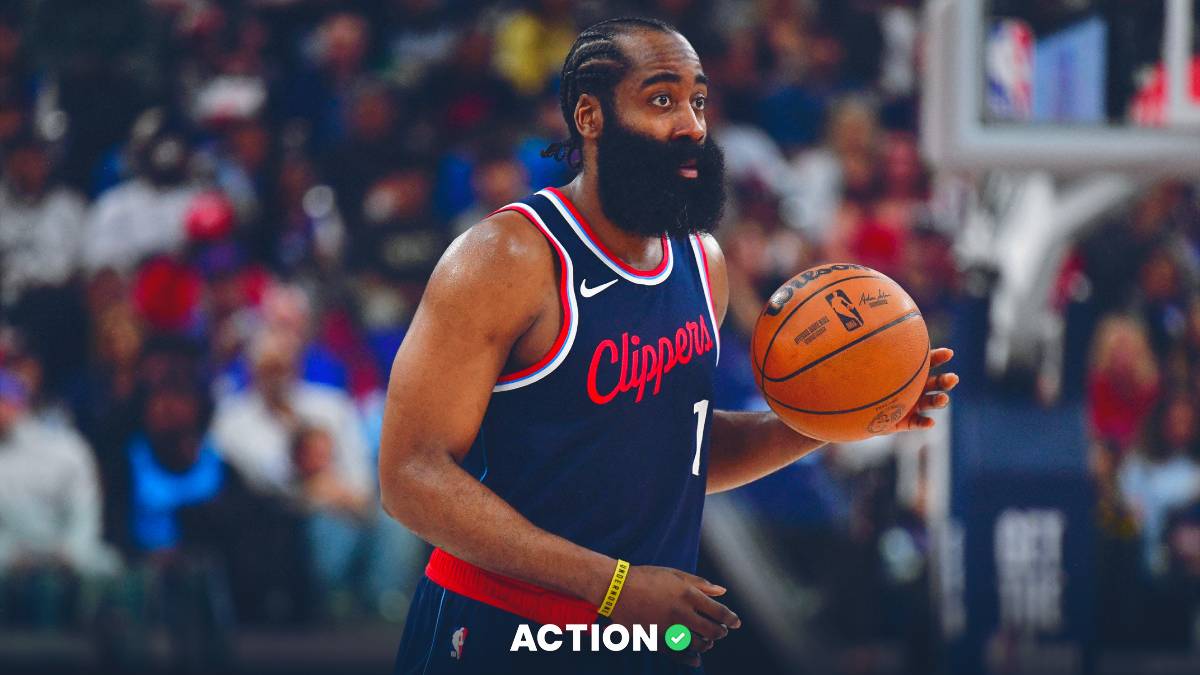NBA scoring in this day and age is incredible, unbelievable and jaw-dropping. It's also arguably out of control and difficult to believe within the context of the history of the game. The NBA has gotten exactly what it wanted; some fans are thrilled, and others are disgusted. Welcome to life in 2024 sports.
Since the start of December, five players have scored 60 or more in an NBA game (Luka Doncic, Devin Booker, Joel Embiid, Karl-Anthony Towns and Giannis Antetokounmpo). The top-20 offenses of all time in points per possession are entirely from the last four seasons.
We can start by accepting that we're in a "juiced" offensive era. We can argue about the why, the how and whether or not there should be an intercession to try and prevent scoring at such a high level. Those are separate questions, but we have to start by acknowledging that scoring has never been higher, better or more efficient than now.
So let's try and understand the why.
Why Are Offenses Running Wild?
Let's start with the talent. We can acknowledge we're in a high mark in NBA history in terms of talent without saying that all of the high-level players are all-time greats.
Among the all-time greats, the greatest player of his generation, LeBron James, is out here dropping 36-20-12 lines. The greatest shooter of all time, Steph Curry, is still out here. So are two-time Finals MVP Kawhi Leonard, two-time NBA MVP and Finals MVP Giannis Antetokounmpo, two-time MVP and Finals MVP Nikola Jokic and Joel Embiid, who is having what may be the best scoring season ever.
The mountaintop of NBA talent is extremely high, but up and down, there are rosters like the Suns with Devin Booker who can score 60 points playing next to Kevin Durant, one of the all-time best scorers. Luka Doncic was a Euroleague MVP as a teenager and always finishes top 10 in the MVP conversation. On and on it goes.
But it's not just that these are great players — it's that they are extremely skilled players. Basketball development has become more and more refined, optimized and ingrained. It starts earlier and is more competitive. Players use motion tracking and biometrics to refine their shot mechanics. Their diets are built by professional chefs and overseen by hyperspecialized training teams.
Players used to only watch film with their teammates in sessions using VCR tapes. Now they can pull up video scouting reports on opponents or review their own games with key details on tablets anywhere.
Extremely talented players are being developed and trained at the highest level we've ever seen thanks to technology, analytics and the best in sports science.
Then you have the officiating. The NBA made a key switch at the turn of the century by banning hand-checking and removing illegal defense rules that prevented zone concepts.
In theory, this should create a healthy balance between offense and defense: you can't put your hands on the ball handler, but you can bring extra help defenders or show them without committing.
Except that, over time, two things happened simultaneously. First, officiating came to more and more prevent any contact with ball handlers, allowing them free reign to drive into defenders, and if the defender doesn't outright move out of the way, it's a foul call.
This effectively removes the ability of any perimeter defender to adequately defend at the point of attack and prevent penetration. The very best in the NBA defensively can limit it but only for certain possessions against certain matchups and only for so long.
But no worries because now you can send help!
Here's where that development bit comes about again. The players today aren't just hyper-refined in footwork, balance, core strength and shot mechanics; they're also adept passers. If defenders bring help, it's likely to result in a wide-open corner three, and teams are shooting more 3s and are better at shooting than ever. (Teams are literally making the second-most 3s per game this season, behind only the 2022 season.)
The Atlanta Hawks were torn to pieces by Luka Doncic when he scored 73 on Friday. He made them look silly, but if they brought more help, he would have just kicked to open corner 3-point shooters. Without the ability to stop Doncic from getting to his spots, there's nothing they can do. (It should be noted the Hawks' defense is just plain terrible with or without officiating adjustments.)
There's also the money.
You know who gets paid? Bucket getters. Do you know who gets mid-level contracts for the hardest work? Defense and hustle guys.
Consequently, players have very little incentive to invest themselves on the defense. If you really man up and try to play defense, you're likely to get in foul trouble, which means fewer minutes and fewer points, which lowers your contract value.
If no one plays defense, then no one is held accountable for not playing defense.
Finally, as proof of how far out of whack the defense-offense balance has gotten, the Denver Nuggets won the NBA title last season with the 18th-ranked defense in the regular season. Defense can travel, and it wins series, but offense wins championships now.
Does This Need to Change?
This is a fascinating question. The league very clearly does not think so because it has continually made rule changes that make it more difficult for the defense. They heavily promote the gaudy box scores and huge scoring outputs. Fans want scoring; there's very little appetite for the 98-96 battles of yesteryear (unless you're a Magic, Heat or Timberwolves fan this season).
But on the other hand, ratings continue to disappoint, and casual fans continue to hold a belief that scoring is too easy and no one plays defense anymore.
All of this underscores a fundamental league issue: the league views its highlights, its moments, its content and its players' brands as its product — and not the games themselves. Almost no adjustments have been made to improve the quality of the games played outside of the In-Season Tournament (which was a considerable, if not monstrous, success).
Furthermore, in an era of player fandom being higher than ever, it's great to have these moments. In part, it battles the "Ringz" culture that dismisses every regular season accomplishment. Your guy may not win a title, but he dropped 70 on Victor Wembanyama's head.
These scoring outputs and team performances will make it difficult to judge the rest of history. Every other era in NBA history looks like two cavemen throwing rocks at one another from across a canyon compared to the offensive numbers we see today.
But ultimately, if the list of all-time great scorers is dominated by entries from this time period, there's nothing wrong with that. These are the best scorers we've ever seen; it just comes as a product of their skill development, optimization of the game's efficiencies and where the defenses were. However, that doesn't take away from their performances, either.
NBA coaches are fairly resolute across the board that the league needs rule changes to help the defense. A rebalancing would help. It's not going to stop Joel Embiid from shooting 51% on contested midrange jumpers or Steph Curry from shooting 43% on contested 3s, but it would allow defenses to limit the space they have to grant to make players a little more uncomfortable.
Doncic is a great test case as someone who constantly works to get to the foul line but also is not lightning fast. Doncic is incredibly strong and crafty but also has impeccable footwork. Rule changes would not stop Doncic; they would just make it more difficult for him.
That's the real question here: not whether players shouldn't be able to score 70 or have record-breaking offenses, but instead, how easy is it to do so? Should it feel like an epic challenge to put up huge scoring numbers or just another day at the office?
There are a lot of reasons scoring is so easy in the NBA right now, and not all of them are about officiating or analytics. But if the league is going to rebalance things, it has to start by asking itself if it wants better games or better highlights. So far under Adam Silver, whose contract was extended through the rest of the decade, the answer has been that more and easier scoring is better.
And if the league is not going to rebalance, scoring is only going to get bigger.
Which begs the question: just how far are we from someone breaking Wilt Chamberlain's record of 100 points in a game?


